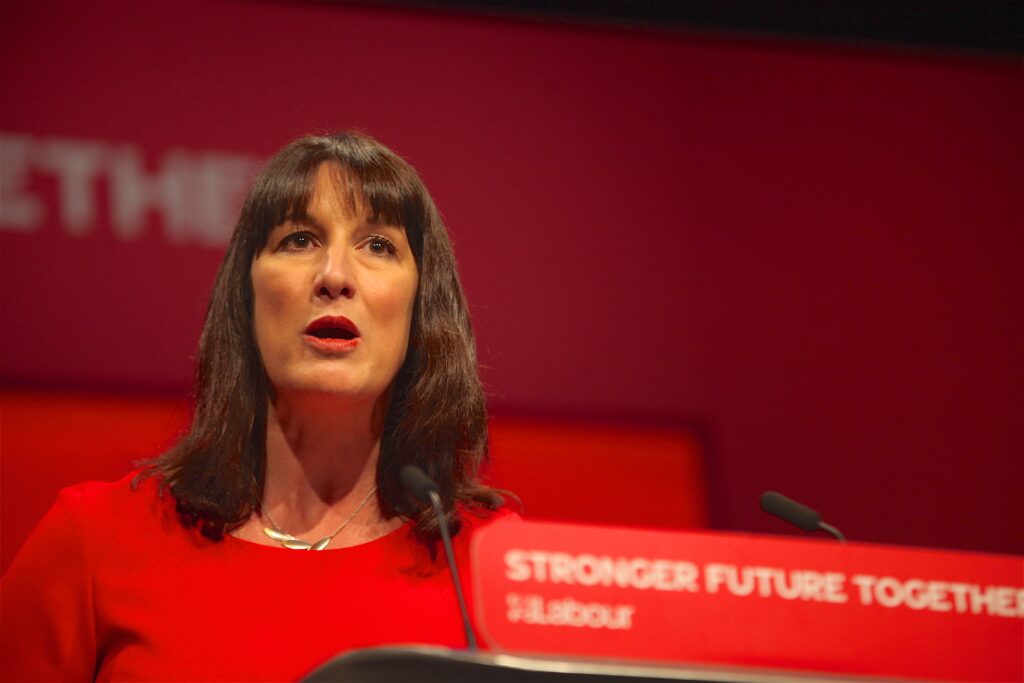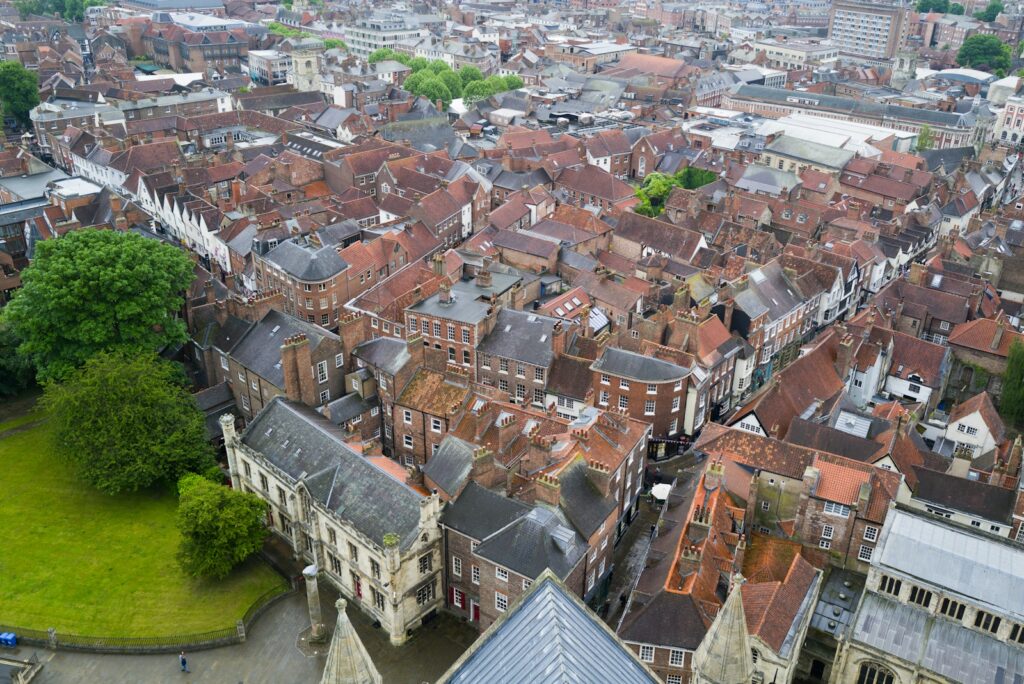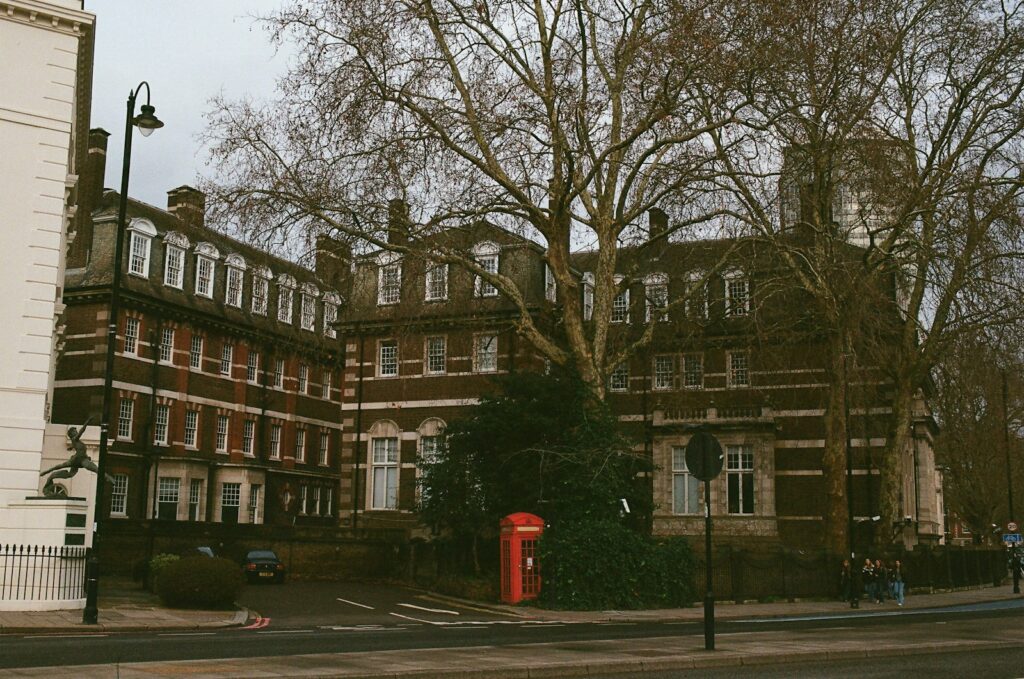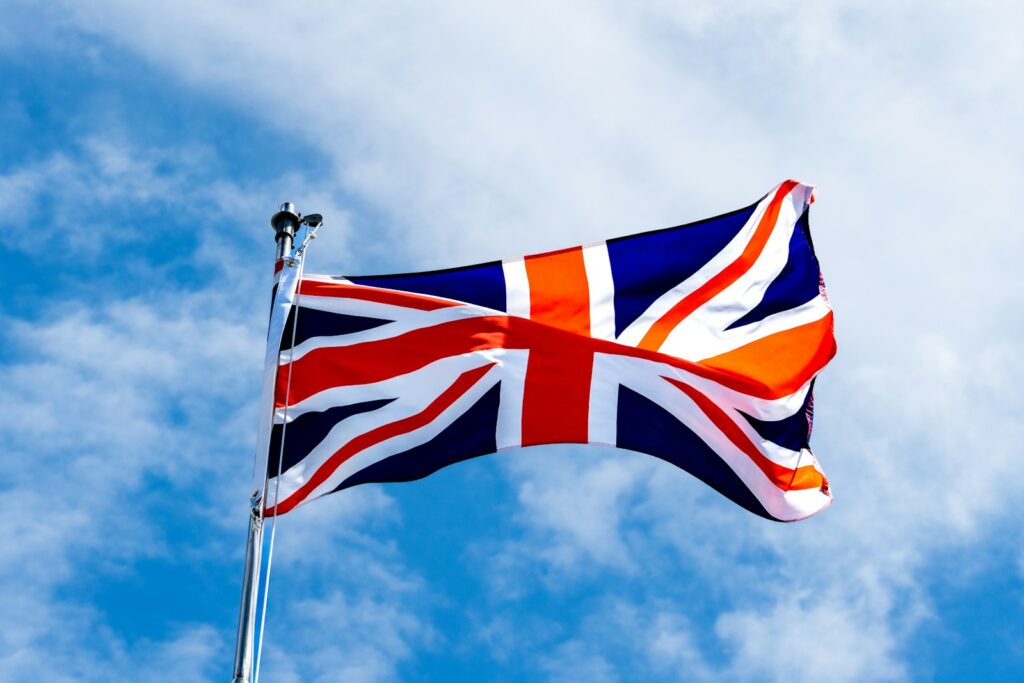Paul Kutschmarski, director of Web Presence, believes too many charities are unaware of the huge benefits available to them through Google Ad Grants.
The website you are currently viewing has been created by our friends at Web Presence, who are based down the road from NewStart in Macclesfield.
At a recent visit, Web Presence director Paul Kutschmarski got to talking about his work with charities. Specifically, about helping them access Google Ad Grants, through which the search engine offers charities a considerable amount of free advertising.
Paul was frustrated that so many charities are unaware of the scheme and many others tended to view it as ‘too good to be true’ and were reluctant to engage.
As many of the magazines at Public Sector News deal with a variety of charities, we offered to give Paul the opportunity to explain what is available and how they can go about accessing this fantastic resource.
Can you explain what you want to achieve?
Google Ad Grants for charities, that’s the thing. We offer a service, partnered with Google, which allows charities to get up to $120,000 a year in free advertising on Google ads, putting them at the top of the search results pages. We’ve been moderately successful at rolling that out. We’ve unlocked around £3m in funding for charities over this last year – which is fantastic – but the number we wanted to hit was £20m.
What I want to do is make charities aware that this is available. There’s no tricks or gimmicks to it. It sounds a little bit ‘too good to be true’, especially with how funding is for charities right now. But it’s not, it’s really good. It’s really valuable. And I want to get it in the hands of as many charities as I can.
The first thing they’re gonna say is what’s in it for you?
Absolutely, so yes, we charge for our service, so it’s a commercial thing but the funding itself, to pay for the clicks, is completely covered by Google up to that limit of $120,000. And the offering from us is a heavily, heavily discounted version of what we offer our commercial clients.
What brought this about?
I’ll tell you the origin story of why we started doing this. We work with a fantastic charity in Manchester called National Ugly Mugs who provide safeguarding services for sex workers. We’ve been their tech partner for the last few years, we run their website, the membership and everything.
A few years ago, they were approached by this huge agency to offer this Google ad service, which we weren’t really aware of at the time. And, being their tech partner, they approached us and said, ‘Can can you do this for us?’ but the price they were being quoted was ridiculously low, it was about five times cheaper than we’d offer to a commercial client. It was really good pricing so we said, with the size and experience of that company, they know what they’re doing, work with them, it sounds like it’s going to be all good.
And then, over the next year, we watched just how poor it was. How little was done and how little value was added. I think of that $120,000 budget, they spent around £2,000 over the course of a year and they only made two changes to the account, one every six months.
So the charity said, ‘can you can you look at this again, we’d like you to do it?’ And that set us off.
We had to look at how we could do we do it at this price point. Obviously, it’s very easy to do cheaply if you only make two edits a year, but how do we do it to our normal, high level of service?
So we spent around a year and a half working on this new product internally, to figure out how do we get it down.
And we had a breakthrough talking to our other charity clients. We found there were three ‘pillars’ that they all had in common: They need help with fundraising. They need help with raising awareness. And they need help with recruitment.
And that that changed everything because what we were able to do then was pre-create entire campaigns that work for fundraising, that work for awareness, that work for recruitment – with just the the details missing – the bit that relates to that particular charity. So it’s a template, effectively.
We were able to eliminate all of the boilerplate, and that was phase one of us getting it working.
And then phase two – we’re software developers so we were able to develop some bespoke software to tackle the repetitive tasks that we were doing over and over again, that don’t really add value. Writing a lovely report that’s easy to understand is great, but it’s not a good use of time to do it repetitively, over and over again… doing the communications… monitoring the accounts. So we developed software to automate all of that for us.
So our time is only spent improving the accounts making sure they’re doing good work.
We found we were able to reduce our costs by 80%. It’s still profitable, but it’s cheap enough that small charities can afford it at a good price point.
What is that price point?
We have a few packages available, depending on the charities needs, and where they start from. £3,800 – or £350 a month – to access £90,000 a year in free advertising is a pretty good proposition.
What exactly do you do for the charities?
We will handle the whole process from start to finish. We do the Google grant application with them: do all the application paperwork, do the eligibility checks and once the grant’s released, create the Google Ads account – the actual platform that they’re going to use for it.
And for any charity that wants it, we will do the application pro bono. So if you can’t afford our services, and you just want access to the grant, we’ll do that for free.
The part where you start paying is if you want us to do the audience research, find what keywords people are searching for, write all of the ads for you and build that into an account. And then on a monthly basis, or a bi monthly basis, go in and see how it’s going, pull back on the stuff that’s not working very well and push ahead on what is doing well, so it’s getting better and smarter each month. And working towards the fundraising, awareness and recruitment goals we’ve predecided with the charity. That’s the part you’re paying us for.
How exactly does the Google Ad grant work?
So, at current rates you’d get a little over £90,000 to that amount on your Google Ads account without incurring any cost.
Once you’ve got the grant, you’ve got it forever. You don’t need to keep reapplying each year or anything like that. You just keep it for as long as you use it.
One of the limits is that you can’t just blow the whole budget in the first month. It’s limited to around £230 a day. It’s a paced budget, designed for ‘always-on’ advertising, rather than just to promote certain events through the year.
What’s the pricing for Google ads? So if I’ve got, say, just £10,000 pounds to spend on ads, what would I get for that?
It depends on your niche. It works like an auction. So if there’s, say, five companies that sell fences, one of them could say ‘I’ll pay two pounds per click’ and another says, ‘well, I’ll pay three’ – and that’s the order the ads will appear.
So the price that you pay for each time someone clicks on one of your ads, is set by your competitors. It would generally be around 50p to £5 each time somebody clicks one of your ads.
When you say ‘ads’ people think graphic images but it’s not is it, it’s just it’s what we see when we search Google for anything.
Yes. Those first four results you see when you search for anything tend to have the ‘sponsored’ key word next to them. They’re the Google ads that you’d see.
Are the ads constantly on there or can people run campaigns for three months and then pull them.
We do both. We call them seasonal campaigns. For a lot of charities, there are big events through the year, such as Autism Awareness Week and Children in Need, that come around at specific times of the year. So they tend to run in addition to the ‘always on’. But generally, for our clients, we are always fundraising, 24/7.
I’m assuming most charities won’t have experience in this, so are in need of a lot of guidance.
Absolutely. We think of ourselves like a bolt on digital department for each. The figures from Google say that working with an agency gives you an eight times better return than doing it alone. And the average person just wouldn’t know what to ask for it, so we have this pre-written strategy of what we’re trying to achieve for that specific client, what’s what’s the highest priority? How are they doing now, without the ads turned on? What would be a good figure for us to hit once they do have the ads turned on? And it works.
When the charities have spent the money, that’s it, so how long can that $12o,000 be made to last?
For the majority of our claims, we think of it as an unlimited budget – this is one of the ‘too good to be true’ parts. A big national charity can spend that £260 every day. One of our clients is Act for Addenbrooke’s who were running a DRTV campaign, fundraising for children who were stuck in hospital over Christmas. We were able to contribute towards 7,000 donations across the course of that campaign and they could burn through their budget by lunchtime, and then they’re off for the rest of the day. But if you imagine a 50p or £1 per click, and a charity that only serves Macclesfield, you won’t spend anywhere near the $120,000. You might be lucky to spend £10 or £20 a day. So in that case, we see it as an unlimited budget.
Do you design and run websites for any of these charities?
We do, Autism Initiatives and National Ugly Mugs for example. We don’t have to build a website, there’s no upsells or anything like that. But there are some requirements on the grant that you have what Google considers a ‘quality website’, so it has to be secure.
How many charities are you currently working with?
I think we have about 25 clients that are active and a good few more that we’re in some stage of discussion with, but we really want to do this at scale. Because of our investment over that 18 months, we have the team that can do this. We have the software, we have all the kit and everything’s set up to do it at scale.
You said you’ve been a bit frustrated that more charities aren’t using the resource…
Yes, ‘ve been surprised and a bit frustrated at how slow the uptake has been on this. It’s a little bit bizarre, and we’ve put it down to a bit of ‘it really does sound too good to be true.’
Also, I guess there’s maybe not a huge commercial appetite within charities and not a great understanding of what Google ads are and what value they can add. I know that lots of charities are aware of it, but I think there’s many more who aren’t.
Our team are experts in their fields and have worked within charities themselves, so are passionate about not only utilising this fantastic resource, but also educating the people in the charities on the smart digital tools out there, that can help them reach their charity goals.
For more information contact Web Presence here.
Images: Rajeshwar Bachu and Myriam Jessier


















Leave a Reply